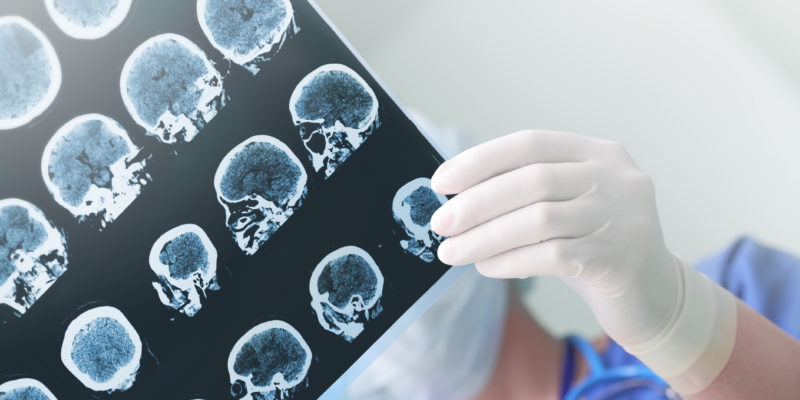If you have seizures or are the parent of a child who has seizures, then…

Treatment for Epilepsy in New Jersey
If you are facing epilepsy diagnosis, you are probably already on the hunt for the perfect treatment. That means getting together the right medical team to help manage symptoms. At Neuro Center NJ, we provide treatment for epilepsy in New Jersey. We can help you find the right combination of tools to help with symptom management. However, even when we successfully manage your symptoms, the reality is that epilepsy is a chronic disease that can impact all facets of your life. In addition to symptom management, it is important to incorporate coping strategies to help you manage your illness.
Education
One of the best things you can do is learn more about epilepsy. We have found that many patients go into denial after diagnosis. That is understandable, but it is not helpful. Acknowledging your diagnosis and learning more about epilepsy and how it can impact you is the first step towards lessening that impact.
Medications
For most people, the first course of treatment for epilepsy is medication. However, not all medications work for all people. Make sure you communicate with your neurologist about how medications are working for you. Also report back about side-effects. Never stop taking medication without consulting your doctor, since doing so can lead to withdrawal seizures. It may take some trial and error to find the right medication or combination of medications, but medications are effective at reducing the number of seizures for most people with epilepsy.
- Refill your medications before they run out
- Set timers to make sure you take medications on time
- Use pill organizers to help keep track of medications
- Notify your doctor if you experience vomiting or nausea and cannot keep your medications down
Mental Health
Epilepsy can occur on its own or with other conditions, including mental health conditions. One-third of people with epilepsy will experience depression during their lifetime. Getting treatment for depression can not only alleviate some of your depression symptoms but may also make it easier for you to handle the challenges of your epilepsy diagnosis. It is important that your healthcare providers are aware of all diagnoses and medications, to avoid medication interactions.
Get Enough Sleep
Epilepsy can impact your sleep schedule, and a lack of sleep can make you more prone to seizures. It can be a vicious cycle. It is important to set a sleep schedule to ensure you get enough sleep. If you are having problems sleeping, consult with your neurologist for sleep tips and possible sleep aids.
Stay Active
People used to think that physical activity would trigger seizures. However, for most people with epilepsy, the benefits of physical activity outweigh the risks. Consult with your neurologist to determine what types of physical activities are safe for you. You may have to avoid high-risk activities but should be able to participate in some form of regular exercise.



